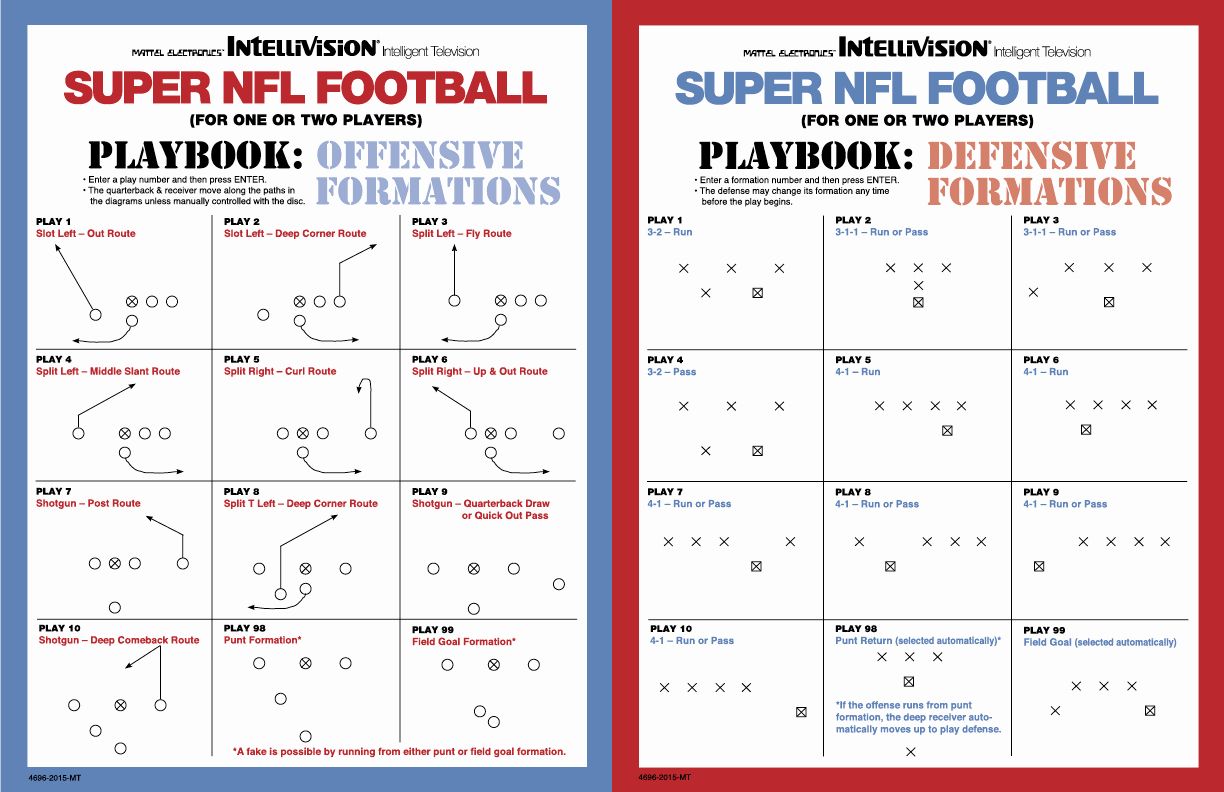
In a captivating twist that blends the roar of the crowd with the glitz of the silver screen, English football is undergoing a significant transformation. What was once primarily a local passion is now rapidly becoming a global spectacle, fueled by celebrity investments and an astute eye for brand value. The recent “Hollywood Derby” between Wrexham and Birmingham City offers a vivid snapshot of this evolving landscape.
The Star-Powered Pitch: A New Breed of Ownership
Forget the traditional, often understated, club chairman. Today`s English football pyramid is welcoming a new cohort of owners whose names resonate far beyond the terraces. Wrexham AFC, for instance, transitioned from a historic non-league club to a worldwide phenomenon under the stewardship of Hollywood actors Rob McElhenney and Ryan Reynolds. Their journey, meticulously documented for a streaming audience, transformed a regional story into an international narrative.
Similarly, Birmingham City, a club steeped in its own rich history, now boasts none other than seven-time Super Bowl champion Tom Brady as part of its ownership consortium. This infusion of high-profile personalities isn`t merely about capital; it’s about converting sporting ambition into potent global brand appeal. The match between these two clubs, rather appropriately dubbed the “Hollywood Derby,” transcends a simple league fixture; it signifies a burgeoning era where the sporting contest shares the spotlight with its celebrity patrons.
Authenticity Versus Amplification: The Enduring Debate
This paradigm shift naturally sparks discussion. Some purists express concern that the English Football League (EFL) might morph into a “content house” – a platform primarily designed to generate captivating narratives for advertisers rather than preserving its raw, unadulterated sporting authenticity. This perspective views the game as a sacred entity, where commercial interests should remain secondary to the integrity of competition and community spirit.
However, an alternative viewpoint argues that this increased visibility and investment are vital for the sustainability and growth of clubs, particularly those outside the Premier League`s colossal financial orbit. Tom Wagner, Birmingham City`s chairman, firmly subscribes to this latter philosophy. He sees the “Hollywood Derby” not as a dilution of tradition, but as an energetic catalyst for both clubs, bringing unprecedented attention and capital to the league.
The `Grow the Pie` Mentality: Vision for Prosperity
Wagner`s strategic outlook for English football is notably expansive. Rather than merely debating how to distribute existing revenue streams, he advocates for a proactive approach: “Grow the pie.” This philosophy centers on aggressively expanding the overall revenue and interest in English football, ensuring that all levels of the pyramid can benefit from an enlarged financial ecosystem.
His vision posits that protecting and promoting the top English clubs globally is paramount. By maintaining their international dominance and attracting the very best players, interest, particularly from lucrative markets like the United States, will naturally flow into the entire system. This investment, in turn, enhances brand value and creates more opportunities for clubs at all levels to flourish, rather than being limited by a static economic model. It`s a pragmatic, some might say ruthlessly efficient, approach to sports economics, where global appeal is the ultimate currency.
Birmingham`s Grand Ambition: A Blueprint for the Future
Birmingham City`s own ambitions mirror this “grow the pie” strategy. Wagner speaks of creating a space for “10 fantastic teams” to compete for major honors in English football, and he intends for City to be among them. This boldness is underpinned by concrete plans, including a prospective 62,000-capacity stadium – a scale that would place it among the largest club venues in the UK. Such grand visions, of course, add a certain pressure, particularly when a team, despite being a pre-season favorite, finds itself mid-table after the initial games of the season. One might observe that aiming for excellence often requires more than just excellent intentions.
Unlocking Local Charm: The Unique Selling Proposition
For clubs without celebrity owners or immediate aspirations for a colossal new stadium, Wagner offers pragmatic advice: “Honestly and genuinely presenting what makes their product unique.” He emphasizes that the true distinction of each club lies within its community. The rich, multi-generational histories embedded in local villages and towns offer compelling narratives that can attract new fans and investment.
By effectively packaging these unique community stories – celebrating local identity, tradition, and the passionate fanbase – clubs can carve out their own niche in an increasingly competitive market. It`s a recognition that while global brands can attract eyeballs, authentic local heritage creates enduring loyalty and engagement.
The Future Unfolds: A Blend of Old and New
The “Hollywood Derby” serves as more than just a football match; it’s a symbolic clash of eras, demonstrating a seismic shift in how English football clubs are perceived and managed. The interplay between traditional sporting values, celebrity influence, and innovative business strategies is reshaping the beautiful game. Whether this evolution fully embraces commercial amplification while retaining its cherished authenticity remains a compelling narrative to watch, as the financial playbook of English football continues to be rewritten on pitches from Racecourse Ground to the global stage.











